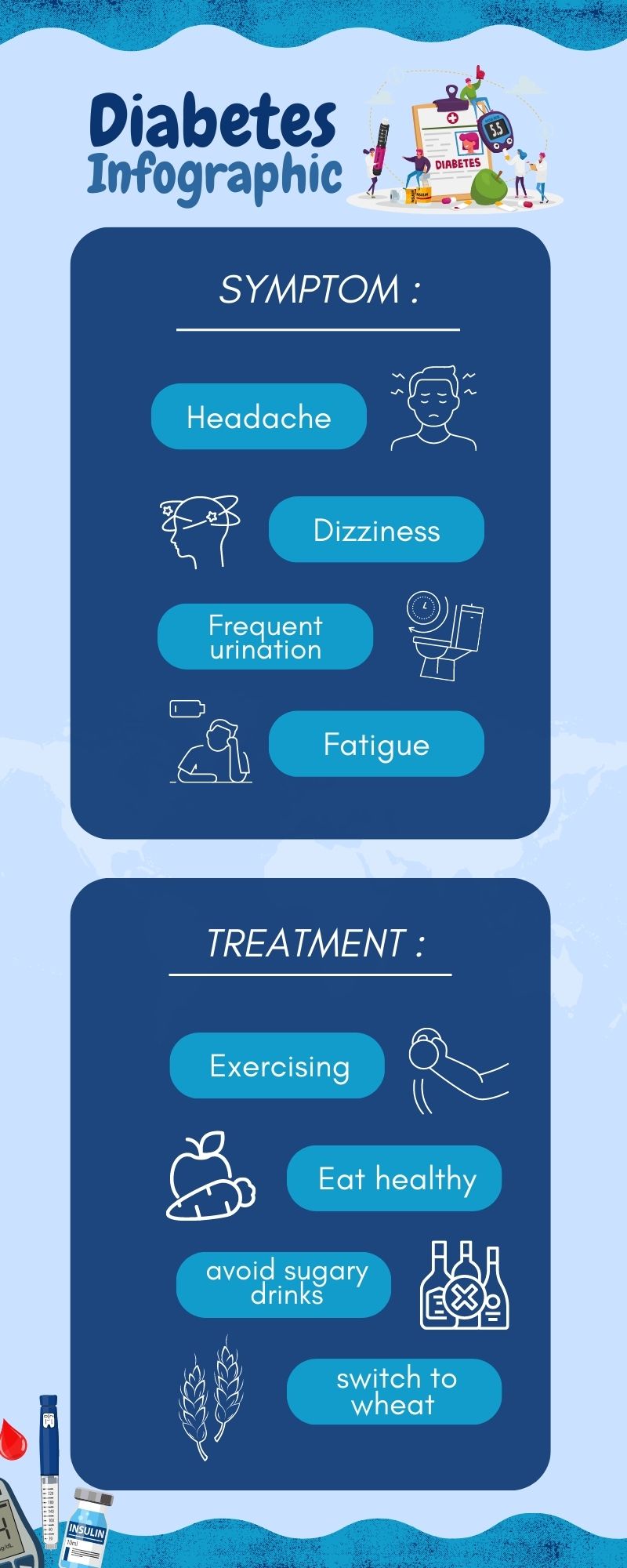Working through challenging Practice NCLEX Questions can help students develop resilience and perseverance in the face of difficult situations.
NCLEX Insulin and Diabetes Medication Questions - NCLEX Questions on Insulin and Diabetes Medication
Insulin and Diabetes Medication NCLEX Practice Questions
Question 1.
Mrs. A is a 65-year-old woman with type 2 diabetes. She has been prescribed metformin by her healthcare provider to help manage her blood sugar levels. However, Mrs. A has been experiencing gastrointestinal upset and metallic taste in her mouth since starting the medication. She is also a smoker and has a history of renal disease.
What is the most important nursing intervention for Mrs. A while taking metformin?
(a) Encouraging her to drink alcohol
(b) Ensuring she takes the medication on an empty stomach
(c) Supplementing her with vitamin B12
(d) Discontinuing the drug 48 hours before any contrast tests
Answer:
(d) Discontinuing the drug 48 hours before any contrast tests
Explanation:
Option (a) Encouraging her to drink alcohol is incorrect because alcohol should not be consumed concomitantly with metformin because it can cause hypoglycemia. Option (b) Ensuring she takes the medication on an empty stomach is incorrect because to avoid gastrointestinal upset, the medication should be taken with food. Option (c) Supplementing her with vitamin B12 is incorrect because vitamin B12 supplementation may be necessary for patients taking metformin due to the potential for vitamin B12 deficiency, but it is not the most important nursing intervention. Option (d) Discontinuing the drug 48 hours before any contrast tests is correct because it is the most important nursing intervention in this case, as it can prevent the potentially fatal side effect of lactic acidosis.
Rationale:
The correct answer is (d) Discontinuing the drug 48 hours before any contrast tests. One of the nursing interventions for patients taking metformin is to discontinue the drug 48 hours before any contrast tests. This is because contrast dye such as iodine contrast can interfere with the excretion of metformin and lead to lactic acidosis, which can be fatal.
Question 2.
Mrs. Ranjan is a 65 year old woman with type 2 diabetes. She has been prescribed metformin to help manage her blood sugar levels. However, she has been experiencing diarrhea, gastrointestinal distress, and a metallic taste in her mouth since starting the medication. She also reports feeling weak and lethargic.
What is a common side effect of metformin use?
(a) Hypoglycemia
(b) Lactic acidosis
(c) Diarrhea
(d) Metallic taste in the mouth
Answer:
(c) Diarrhea
Explanation:
Option (a) is incorrect because hypoglycemia is not a common side effect of metformin. Option (b) is incorrect because lactic acidosis is a rare side effect of metformin, not a common one. Option (d) is correct because metformin can cause a metallic taste in the mouth as a side effect. Option (c) is the best answer because metformin can cause diarrhea as a side effect.
Rationale:
Metformin can cause diarrhea, gastrointestinal distress, and a metallic taste in the mouth.
Question 3.
A patient with type 2 diabetes is prescribed metformin as the first line treatment. The patient is a 65 year old smoker with a history of renal disease. During the first week of treatment, the patient experiences diarrhea, gastrointestinal disturbance, and a metallic taste in their mouth. The patient also reports feeling weak, with bradycardia, hypotension, and lethargy.
Which of the following is a potential side effect of metformin treatment in a patient with type 2 diabetes?
(a) Hypoglycemia
(b) Lactic acidosis
(c) Vitamin B12 deficiency
(d) All of the above
Answer:
(d) All of the above
Explanation:
The potential side effects of metformin treatment include diarrhea, gastrointestinal disturbance, hypoglycemia, a metallic taste in the mouth, and lactic acidosis. These side effects can occur in any patient taking metformin, but the risk may be higher in certain populations, such as smokers, people over 65 years of age, and those with renal disease. Additionally, metformin can lead to vitamin B12 deficiency, which may require supplementation. All of these potential side effects are listed in option (d) All of the above, making it the correct answer.
Rationale:
Metformin can cause several side effects, including diarrhea, gastrointestinal disturbance, hypoglycemia, a metallic taste in the mouth, and lactic acidosis. It can also lead to vitamin B12 deficiency. Therefore, the correct answer is (d) All of the above.

Question 4.
A patient with type 2 diabetes has been prescribed metformin as part of their treatment plan. The patient is also a moderate drinker and often consumes alcohol with their meals. The patient has also recently undergone a contrast test for a cardiac catheterization procedure.
What should the patient be advised to do in regards to their alcohol consumption while taking metformin?
(a) Continue consuming alcohol as normal
(b) Limit alcohol intake to occasional drinks
(c) Avoid consuming alcohol completely
(d) Consult with their healthcare provider before consuming any alcohol
Answer:
(c) Avoid consuming alcohol completely
Explanation:
Option (a) Continue consuming alcohol as normal is incorrect because alcohol should not be consumed while taking metformin. Option (b) Limit alcohol intake to occasional drinks is also incorrect because even occasional consumption of alcohol while taking metformin can potentially cause hypoglycemia.
Option (d) Consult with their healthcare provider before consuming any alcohol is a good suggestion, but does not address the potential risk of hypoglycemia associated with combining alcohol and metformin. Therefore, the correct answer is (c) Avoid consuming alcohol completely.
Rationale:
The correct answer is (c) Avoid consuming alcohol completely because alcohol should not be consumed concomitantly with metformin because it can cause hypoglycemia.
Question 5.
A patient with type 2 diabetes is prescribed metformin as part of their treatment plan. The patient is also a heavy drinker, frequently consuming alcohol on a daily basis. The patient is also scheduled to undergo a contrast test for cardiac catheterization in the near future.
What is the best course of action for the patient in regards to their metformin prescription?
(a) Continue taking metformin as prescribed, even if the patient consumes alcohol
(b) Tell the patient to stop consuming alcohol while taking metformin
(c) Stop taking metformin 48 hours before the contrast test
(d) Supplement the patient with vitamin B12 while taking metformin
Answer:
(b) Tell the patient to stop consuming alcohol while taking metformin
Explanation:
Alcohol should not be consumed while taking metformin due to the risk of hypoglycemia. This is the most pressing issue in this case, as it could have serious consequences for the patient's health. The other options are not as relevant or do not address the main concern of the patient's alcohol consumption. Therefore, option B is the most appropriate course of action.
Rationale:
Alcohol should not be consumed concomitantly with metformin because it can cause hypoglycemia. Therefore, the best course of action would be to tell the patient to stop consuming alcohol while taking metformin. Option (a) is incorrect. Option (c) is incorrect because it is not related to the patient's alcohol consumption. Option (d) is incorrect because while it is true that metformin can lead to vitamin B12 deficiency, it is not related to the patient's alcohol consumption and is not the most pressing concern in this case.
Read More:
